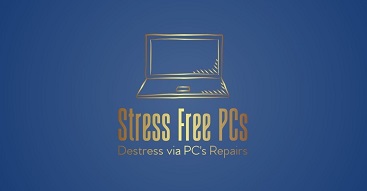What is a Flash Drive
A flash drive, also known as a USB drive, thumb drive, or pen drive, is a portable storage device that uses flash memory to store and transfer data. Flash drives are compact and can easily be connected to a computer or other devices via a USB port. These drives are widely used to store documents, photos, videos, software, and more, and they are known for their durability, ease of use, and ability to hold large amounts of data in a small, portable form factor.
Unlike traditional hard drives, flash drives have no moving parts, which makes them more durable and resistant to physical damage. They are commonly used for backing up data, transferring files between computers, or carrying important data on the go.
Key Features of Flash Drives
- Portable and lightweight
- Uses USB interface for connectivity
- No moving parts, making them durable and shock-resistant
- Can store anywhere from a few megabytes to several terabytes of data
- Compatible with various operating systems (Windows, macOS, Linux, etc.)
Uses of Flash Drives
- Transferring data between computers or devices
- Backing up important files
- Storing media such as photos, videos, and music
- Running portable applications and operating systems
- Carrying personal files for use on different devices
Advantages of Flash Drives
Flash drives are small, easy to carry, and do not require external power sources, making them convenient for daily use. Their durability and ability to hold significant amounts of data have made them one of the most popular external storage solutions.


